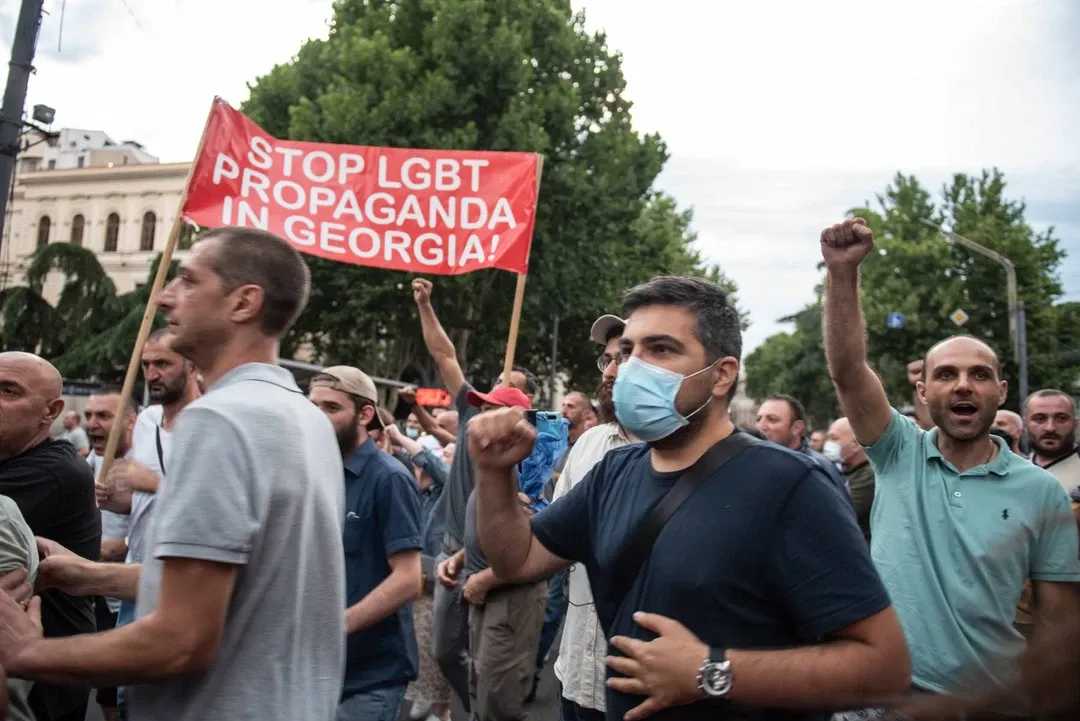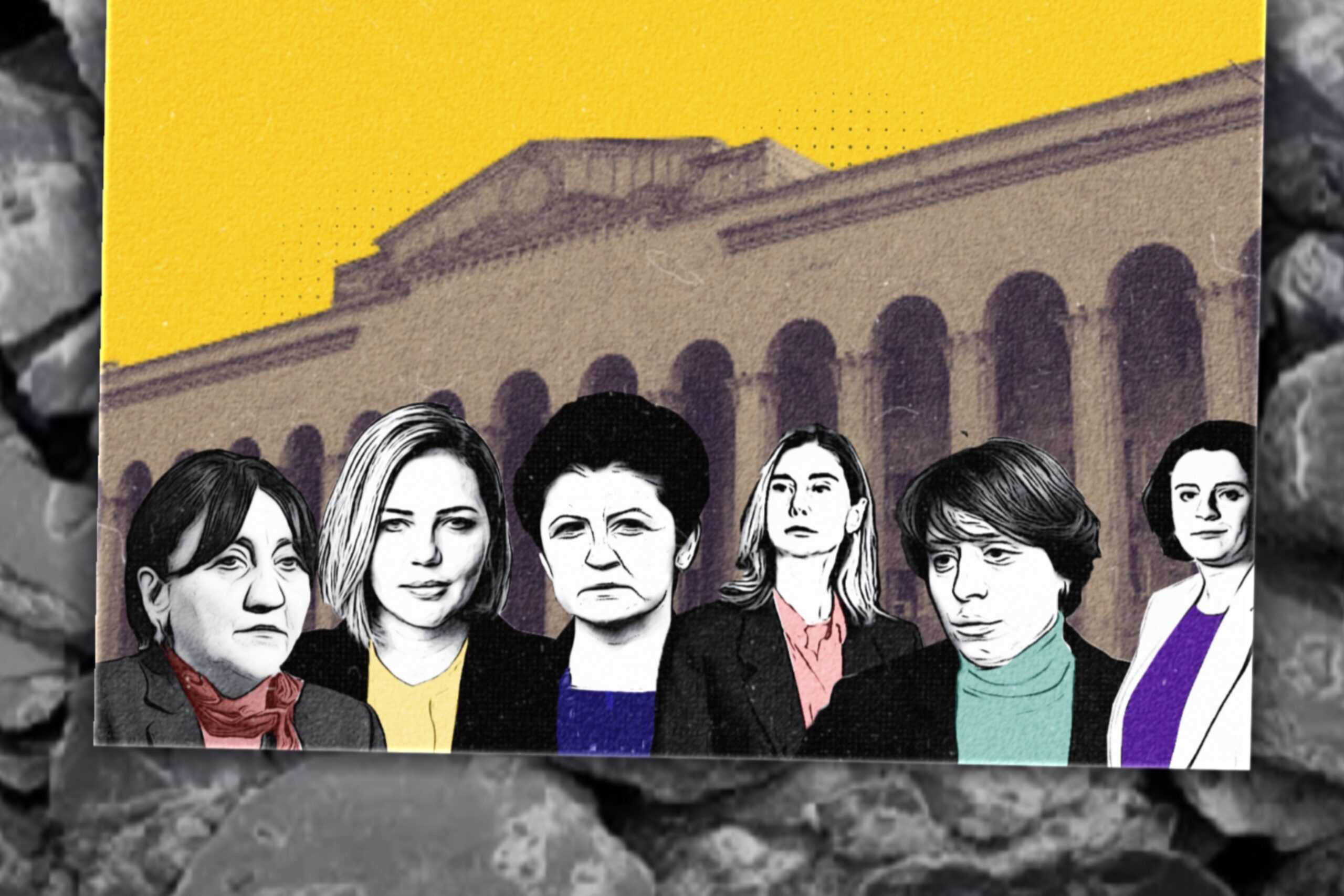
Datablog | Georgians overwhelmingly see gender equality as important to country’s future success
However, despite a majority across genders, significantly fewer men agreed than women.

However, despite a majority across genders, significantly fewer men agreed than women.

The ruling party considers the term ‘gender’ a product of foreign influence.

Georgia’s parliamentary elections on 26 October, unlike the previous vote, will be held without any gender quotas. As women’s representation in Georgian politics remains an issue, we have examined the electoral lists of all the major parties and groupings and ranked them based on how many women they included — and how highly they were placed. The ruling Georgian Dream party pushed through mandatory gender quotas ahead of the 2020 parliamentary and 2021 local elections in an apparent bid to pro

Despite the introduction of gender quotas, Georgia’s parliament remains an unequal place in terms of gender. However, the data suggests support for more women in politics is rising. Women have been and are underrepresented in Georgia’s parliament, with only 17% of seats held by women as of March 2021. This is despite the passage of gender quotas in 2020, according to which parties must nominate at least one woman for every four candidates. The discrepancy stems from a mixture of the mixed e

Preferences for the gender of children has a long history around the world and Georgia is no exception. CRRC-Georgia examines how attitudes have changed over the last decade. In Georgia, having a boy has traditionally been desirable as sons are often considered the main successors in the family line, and they stay at home to take care of their parents as they age in contrast to women who traditionally move in with their husband’s family. Preferences for sons are manifested in sex-selective

According to data from a UN Women survey, men and women in Armenia and Georgia have different perceptions of the amount of work they are doing. In Armenia and Georgia, traditional gender roles continue to define the division of labour within families. Although a few tasks are within men’s domain and a few others are more or less equally shared, for the most part, women hold the primary responsibility for household duties. However, men and women also have different perceptions of how much wor

Busy restaurants and cafes are a common sight in Georgia, and CRRC’s Caucasus Barometer data suggest that restaurants and cafés have become busier over the last five years. While 27% of Georgia’s population reported going to a restaurant in 2012, five years later, 50% did. There is an upward trend for both men and women, yet the data also suggests there is a significant gender gap. Taking into account other social and demographic characteristics, women are significantly less likely to go to r